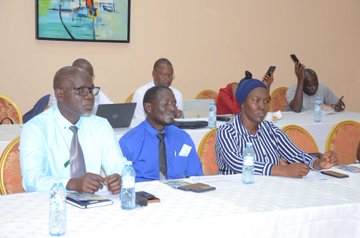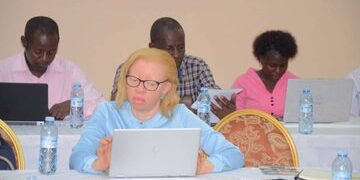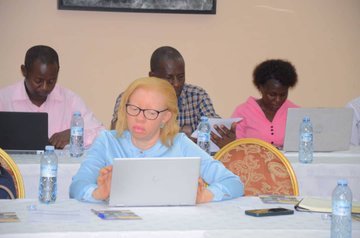The National Union for Persons with Disabilities (NUDIPU) has called for better policies, training for health workers, and accessible facilities for all to create an inclusive environment for People Living with Disabilities (PWDs).
The call was made during a National Symposium on Inclusive Health organised by NUDIPU at the Imperial Royale Hotel in Kampala on Thursday, December 5, 2024. The symposium was aimed at addressing the systemic challenges faced by persons with disabilities in Uganda.
The 2016 Uganda Bureau of Statistics (UBOS) Census Report estimated that 12.4% of the Ugandan population, or about 4.5 million people, have a disability.
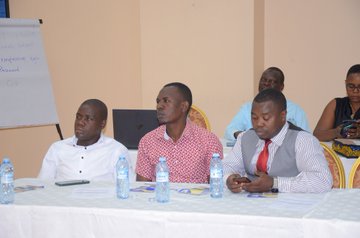
David Nangosi, a Coordinator of Health Rights at NUDIPU, asked the government to bridge barriers that limit access to inclusive health services in the country.
Some of the barriers to accessing inclusive health services as reported by persons with disabilities include the lack of mobility aids (assistive devices), communication barriers, limited access to specialised medical care and a limited number of neurosurgeons.
PWDs generally face inaccessible environments, under-serviced facilities, discriminatory attitudes, informational barriers, practical and logistical barriers and urbanistic, architectural, transportation, communication, and technological barriers.
“We do not have sign language interpreters in the hospitals. Persons with hearing impairments have a hard time hearing while seeking health services,” said Nangosi.
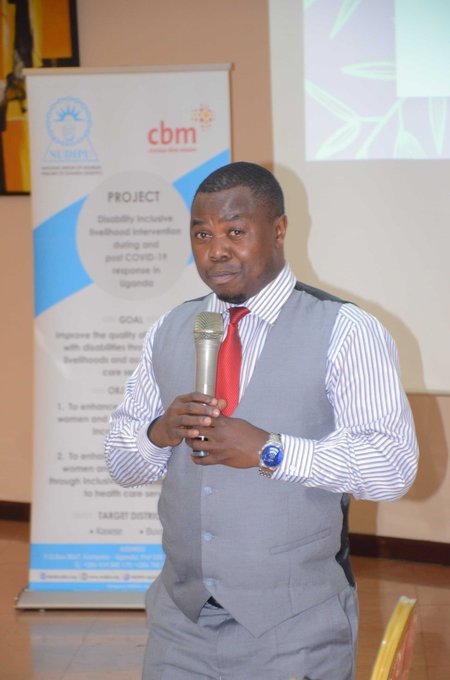
Nangosi further asked the government to enhance its budgetary allocation for healthcare to cater to the unique needs of PWDs by training healthcare providers and ensuring that medical facilities are equipped with appropriate tools like specialised beds and wheelchairs.
PWDs said they are ignored in hospitals and lack easy access to healthcare services.
Dwarfism
Joel Musana from the Foundation for Persons Affected by Dwarfism, shared a sad story about the challenges “little persons” face while accessing healthcare.
“Little person” is a term used to describe people with dwarfism, a medical condition that causes short stature. Dwarfism is a general term for hundreds of conditions that affect bone and cartilage growth, resulting in a person’s adult height being less than 4 ft 10 in (1.47 m).
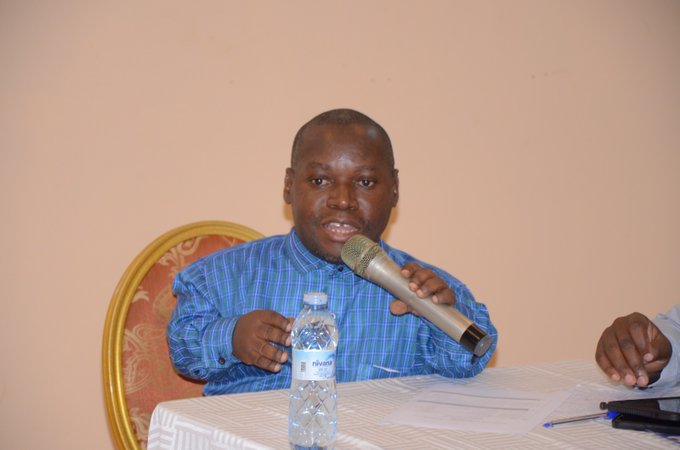
Musana narrated how one time, he went to a health facility, and they mistook him for a child and, for that matter, paid zero attention to him. He said that beds in hospitals aren’t suited for pregnant mothers living with dwarfism.
“They find it difficult to climb on the beds and may have to use their stomachs which are already carrying babies,” he noted.
There are about 5,000 dwarfs in Uganda, according to Little People of Uganda, LPU, a support organisation for little people and their parents.
Albinism
Oliva Namutebi, the executive director of Albinism Umbrella, cited the high cost of medication for specific conditions, such as albinism, saying that the drugs are either overpriced or entirely unavailable in most health facilities.
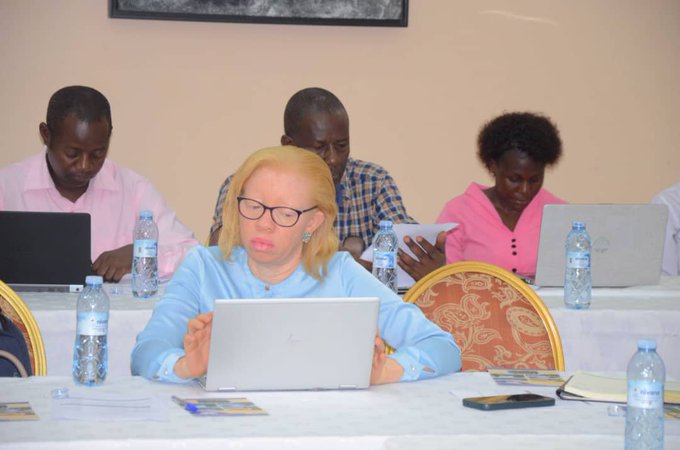
“The creams are very expensive for ordinary persons with disabilities to afford,” she noted.
She also spoke about the negative attitude of healthcare providers. “They ask you questions that make you feel as if you do not have a right to be loved and have a family like anyone else.”
PWDs also cited high taxes imposed on donations, particularly on property and equipment provided by donors from abroad, and suggested that these materials be tax-free to attract more donations.
The United Nations Human Rights Office estimates that around 20,000 people are living with albinism in Uganda. In 2020, the Ugandan government recognised albinism as a disability.
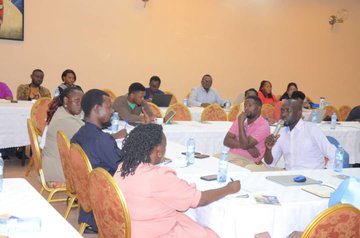
Call to action
John Chris Ninsiima, a Programs Coordinator at NUDIPU, called for a just and inclusive space for people with disabilities, early disability identification and a reduction of costs for assistive devices for PWDs.
Persons with disabilities also appealed to the Ministry of Health to make it a must for all healthy workers to be trained in sign language to ease communication, citing a struggle to communicate with healthy workers.
The ministry was also urged to intervene on the prices for skincare creams that persons with Albinism use to keep their skin safe.
